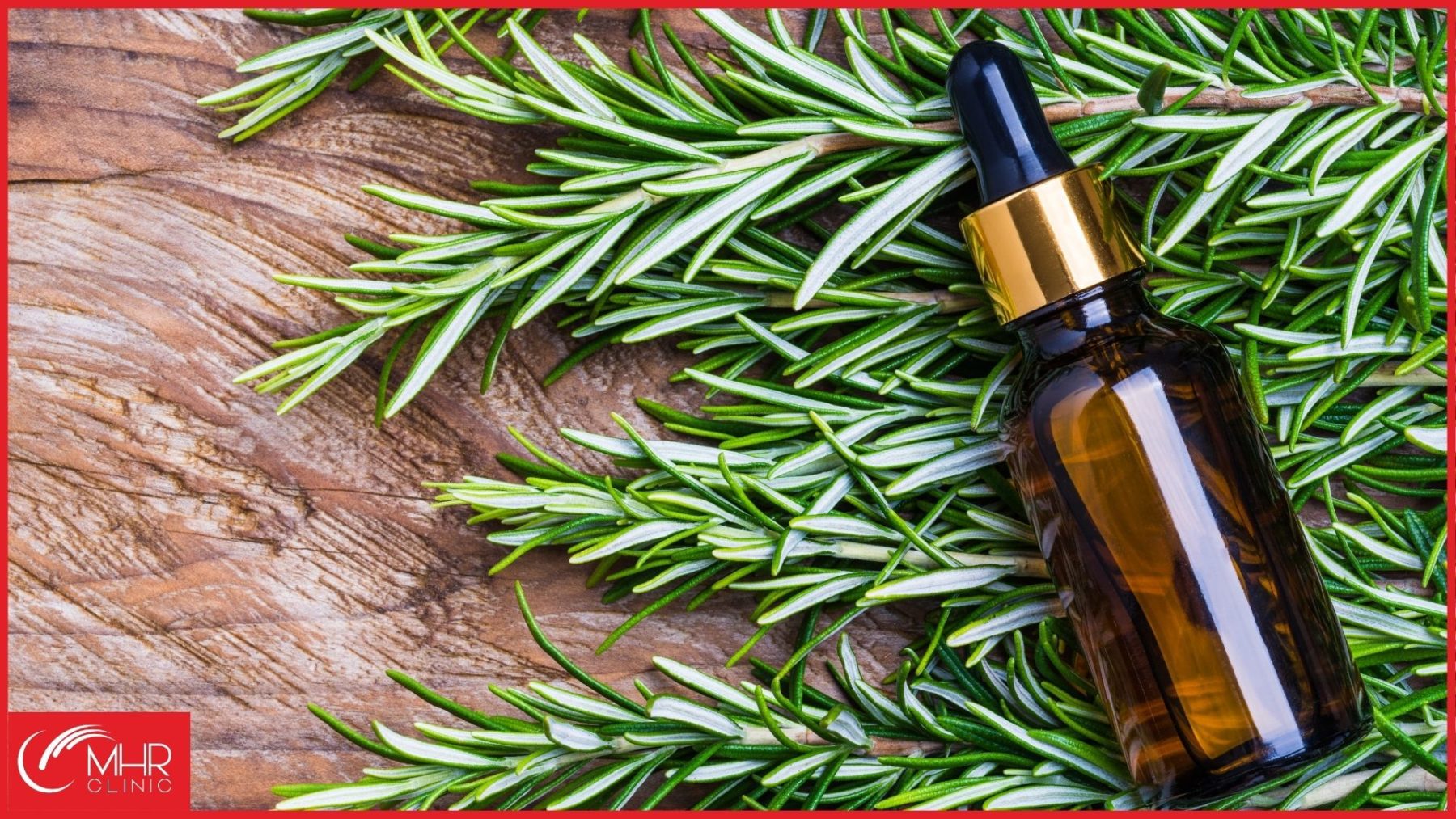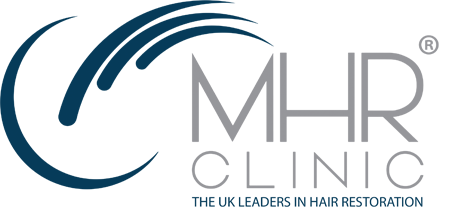
The real Disadvantages of using Rosemary oil for hair loss
Rosemary oil has been a cornerstone of traditional hair care for centuries, prized for its potential to invigorate the scalp and enhance hair health. While its aromatic scent might evoke a sense of well-being, the scientific evidence supporting its effectiveness in combating hair loss remains somewhat limited. Nevertheless, growing interest in natural remedies has put rosemary oil in the spotlight, with anecdotal evidence and preliminary research suggesting it may hold promise for certain hair loss conditions.
So, what exactly can rosemary oil do for your hair? Proponents believe that its ability to stimulate blood circulation to the scalp plays a key role. Improved circulation can nourish hair follicles, potentially creating a more favorable environment for hair growth. Additionally, rosemary oil possesses anti-inflammatory properties that may help soothe an irritated scalp, which can sometimes contribute to hair loss. Furthermore, its antioxidant content could protect hair follicles from damage caused by free radicals.
While the exact mechanisms are still being investigated, some studies have indicated that rosemary oil may be particularly beneficial for individuals experiencing androgenetic alopecia, commonly known as male or female pattern baldness. One notable study even suggested that rosemary oil could be as effective as minoxidil (Rogaine), a widely used hair loss medication. However, it’s important to emphasize that further research is needed to confirm these findings and fully understand the extent of rosemary oil’s benefits.
Before you rush to add rosemary oil to your hair care routine, it’s crucial to be aware of its limitations. Firstly, it’s not a universal remedy for all types of hair loss. Its effectiveness may vary depending on the underlying cause of the condition. Secondly, rosemary oil is quite potent and should always be diluted with a carrier oil like jojoba or coconut oil before applying it to the scalp. A general guideline is to use around 5 drops of rosemary oil per ounce of carrier oil. Lastly, while generally safe, some individuals may experience allergic reactions to rosemary oil, so it’s advisable to perform a patch test before widespread use.
If you’re struggling with hair loss, remember that rosemary oil is just one piece of the puzzle. It’s essential to consult a qualified dermatologist or healthcare professional to identify the root cause of your hair loss and explore the most appropriate treatment options.
The real Disadvantages of using Rosemary oil for hair loss
The real Disadvantages of using Rosemary oil for hair loss:
- It doesn’t deliver results fast enough. This is one of the most common problems with this method. If you’re looking for a quick fix, rosemary oil might not be the best choice for you. You’ll have to use it consistently over time before seeing any real results.
- It can cause damage to your scalp and follicles. Rosemary essential oil is highly concentrated, so if you use too much of it or apply it incorrectly (for example, on an already damaged part of your scalp), then there’s a chance that this could cause some damage as well! Be careful when using this method and don’t underestimate just how powerful these oils are!
- The smell isn’t pleasant either – especially if used straight up without diluting first (see below). Some people may find even diluted versions unpleasant because they can still smell some sort of herbaceous scent in there which isn’t exactly pleasant smelling either way around really…
There’s little evidence that it works
Rosemary oil is a popular home remedy for hair loss, but there’s little evidence that it works. A 2011 study in the Journal of Ethnopharmacology found that rosemary oil has antioxidant properties and may protect against UV damage and photoaging of skin. However, this doesn’t mean that rosemary will help with hair loss–there’s no clinical evidence to support its use as a treatment for baldness.
It can cause damage to your scalp and follicles
Rosemary oil is a powerful antioxidant and can be used to treat many skin conditions, such as eczema, psoriasis and acne. However it has also been known to cause damage to your scalp and follicles if used incorrectly. Rosemary oil can cause inflammation which can lead to hair loss in some cases.
It has been proven in studies that Rosemary oil does help with hair growth when applied topically directly onto the scalp but there are other more natural ways of achieving this without putting yourself at risk of damaging your hair follicles by using something like rosemary essential oils which contain high levels of ketones which can cause irritation on sensitive scalps resulting in dandruff or excessive shedding if too much is used repeatedly over time (this goes for any type of essential oils).
